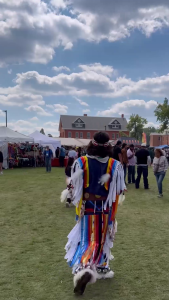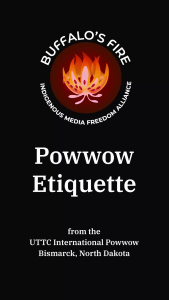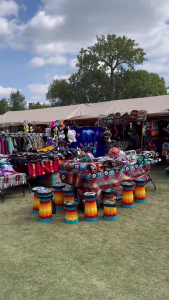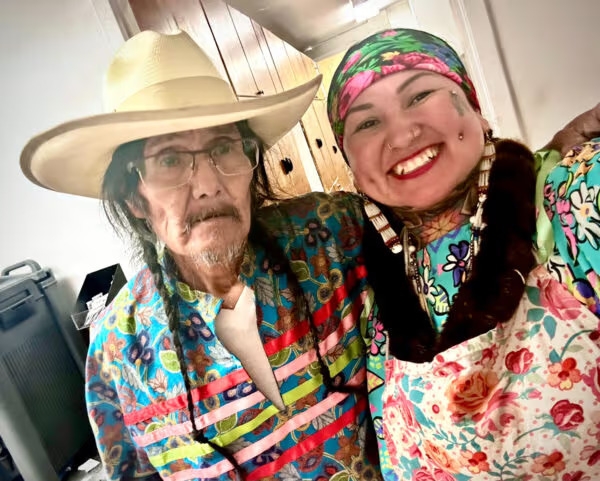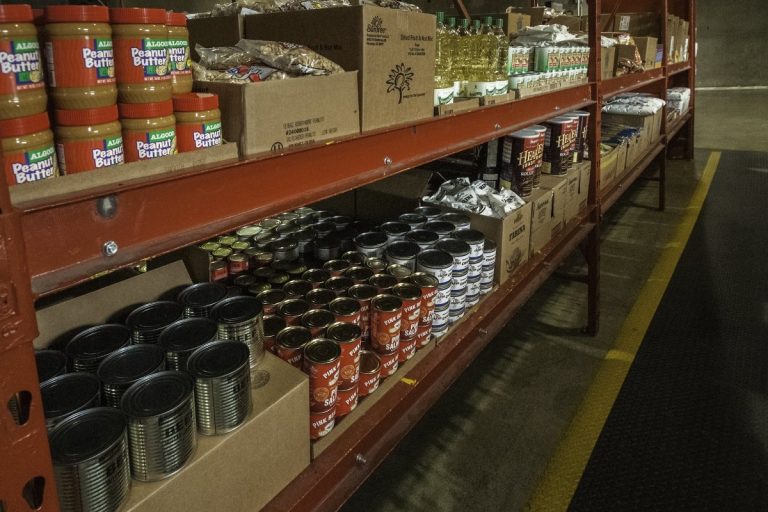Podcast: Play in new window | Download | Embed
Photo: Bad River Reservation in northern Wisconsin. (Courtesy Bad River Band of the Lake Superior Tribe of Chippewa Indians)
Bureau of Indian Affairs (BIA) offices in Wisconsin and Minnesota remain open after the Department of Government Efficiency (DOGE) targeted them for termination.
As Danielle Kaeding reports, the initiative formerly led by billionaire Elon Musk had proposed canceling leases for several offices earlier this year.
The cancellations affected offices in Ashland and Shawano in Wisconsin and Bemidji in Minnesota.
Wisconsin tribes say the BIA office in Ashland is a critical regional hub that processes land trust applications and provides education assistance and law enforcement support.
Robert Blanchard is chair of the Bad River Band of Lake Superior Chippewa. He says closing the office would’ve been a hardship for the tribe.
“We would have probably had to go to Minneapolis or some other place further away from us to get services.”
Bill Broydrick represents the owner of the Ashland office. He says Wisconsin tribes adopted a resolution in opposition to its closure.
“On that basis, the decision was made by BIA to keep the office open.”
BIA says all three offices remain open.
The agency says it is working to ensure adequate space continues to be available to support delivery of services to tribes.
While summer is winding down, powwow season is now a year-long observation thanks to venues held indoors or in warmer climes like the southwest, but you can still get a chilly reception if you don’t mind your manners.
Buffalo’s Fire recently talked to several Native attendees of the 55th United Tribes Technical College (UTTC) powwow and asked them for their number one rule for good etiquette.
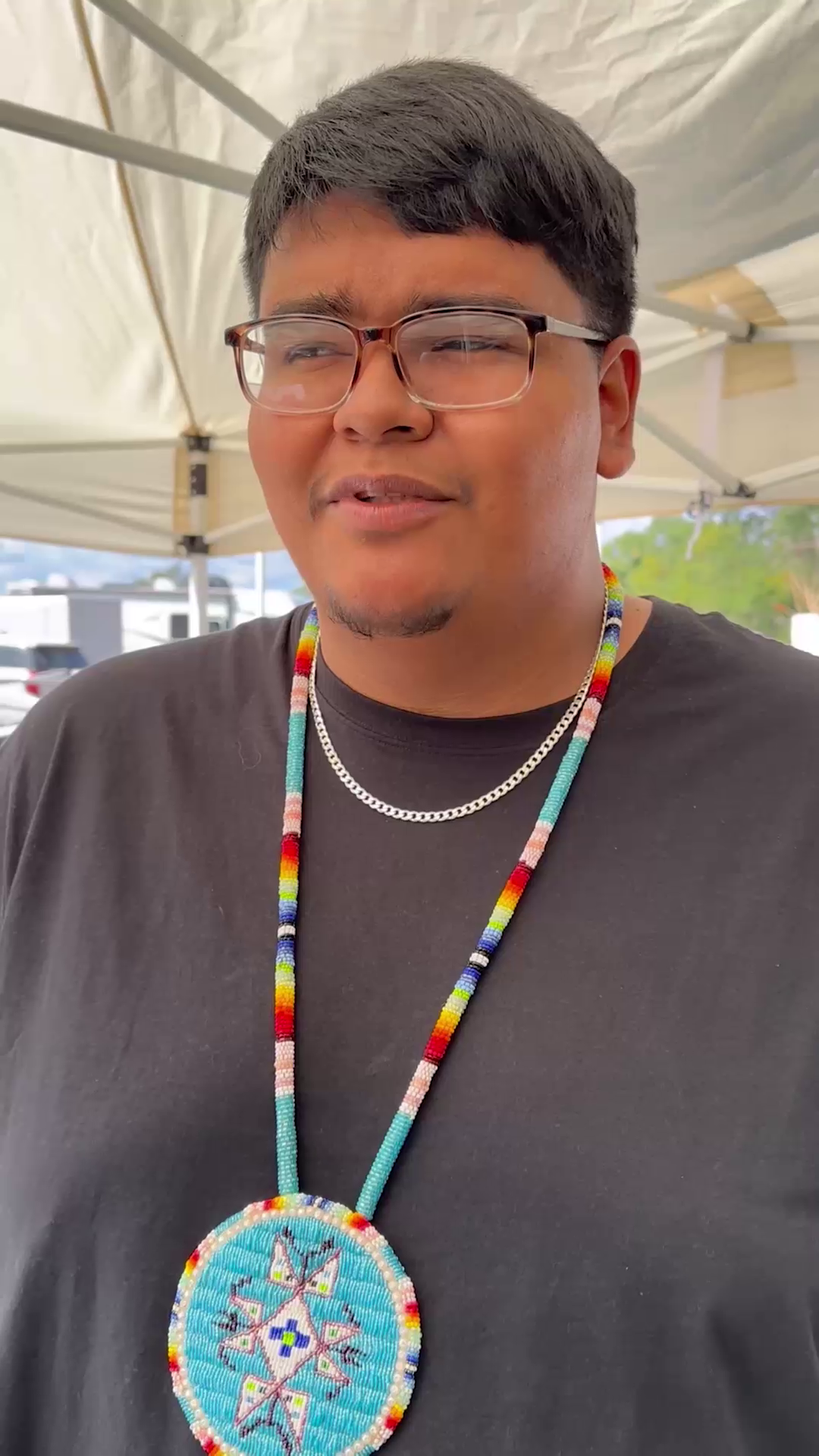 Dion Crazy Bull (Ft. Peck Sioux/Standing Rock Sioux):
Dion Crazy Bull (Ft. Peck Sioux/Standing Rock Sioux):
“One of the main things I’d say not to do at a powwow is put your chairs down where the drums are supposed to be. Gotta think about all the singers, and the singers have wives, and they got kids and what-not. A lot of folks try to fight for space and yet they don’t even sit there the whole weekend.”
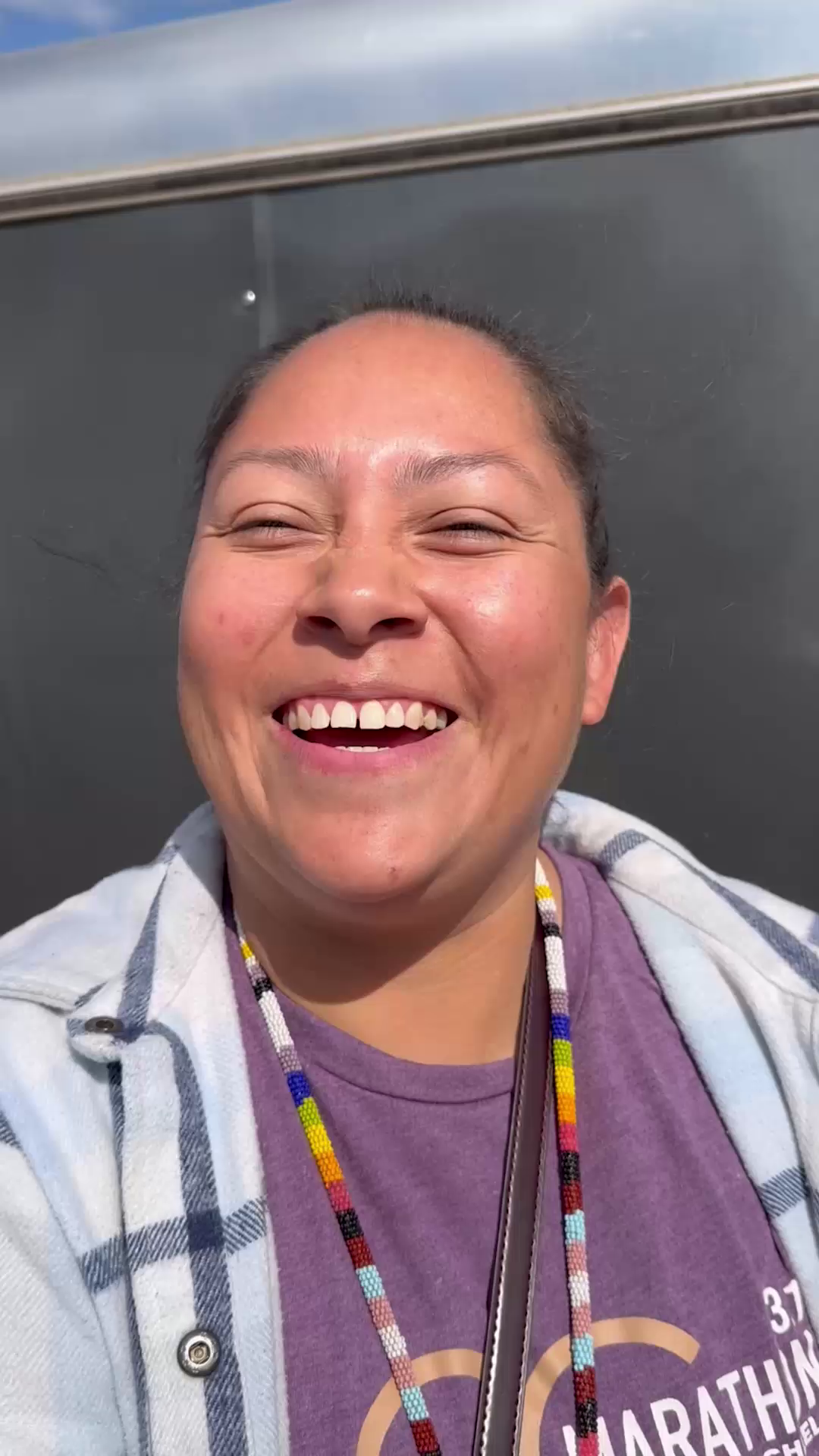 Gabby Rave (Ho-Chunk):
Gabby Rave (Ho-Chunk):
“My rule is to pick up after yourself, wherever you’re sitting. Make sure the trash gets in the garbage can.”
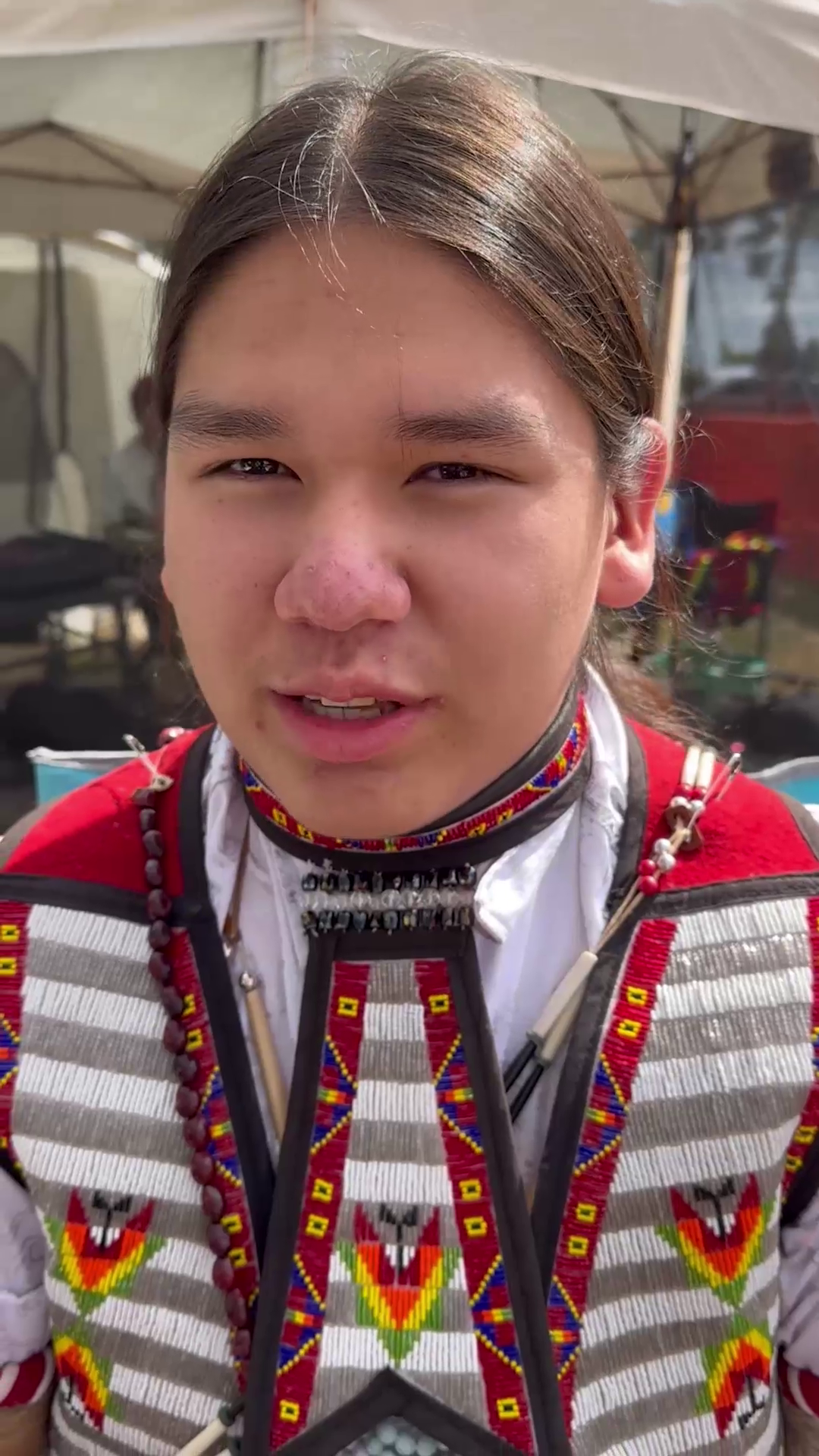 Easton Wolf (Mandan, Hidatsa & Arikara):
Easton Wolf (Mandan, Hidatsa & Arikara):
“People should know not to take pictures of you without your permission, always ask where you’re from, your name. What tribe you’re from, where you’re from, if it’s okay to take pictures of them.”
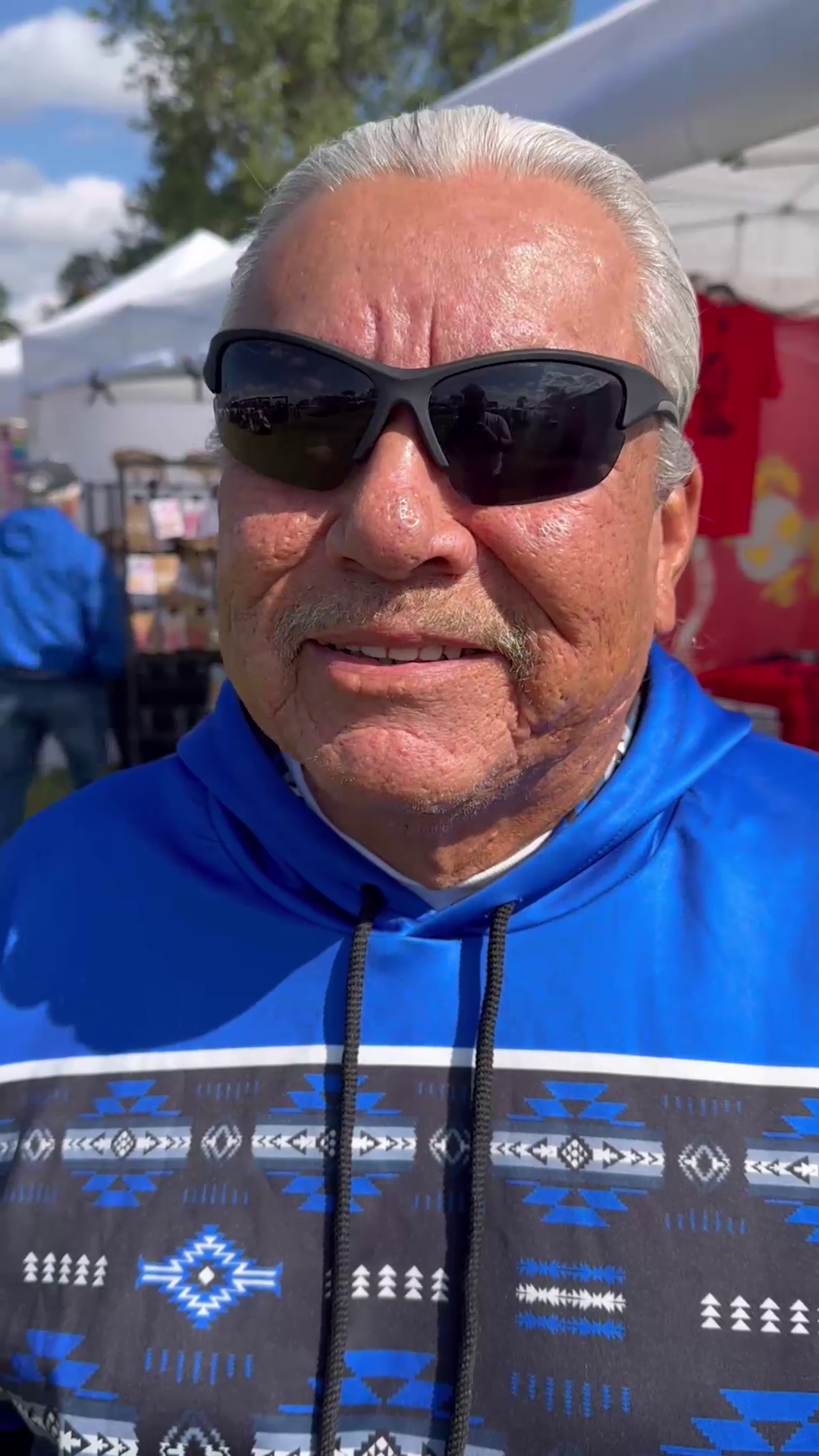 Richard Gillette (Mandan, Hidatsa & Arikara):
Richard Gillette (Mandan, Hidatsa & Arikara):
“Don’t block the elders, let them through if they’re getting to their chairs. Don’t stand inf front of them when they’re trying to watch the powwow.”
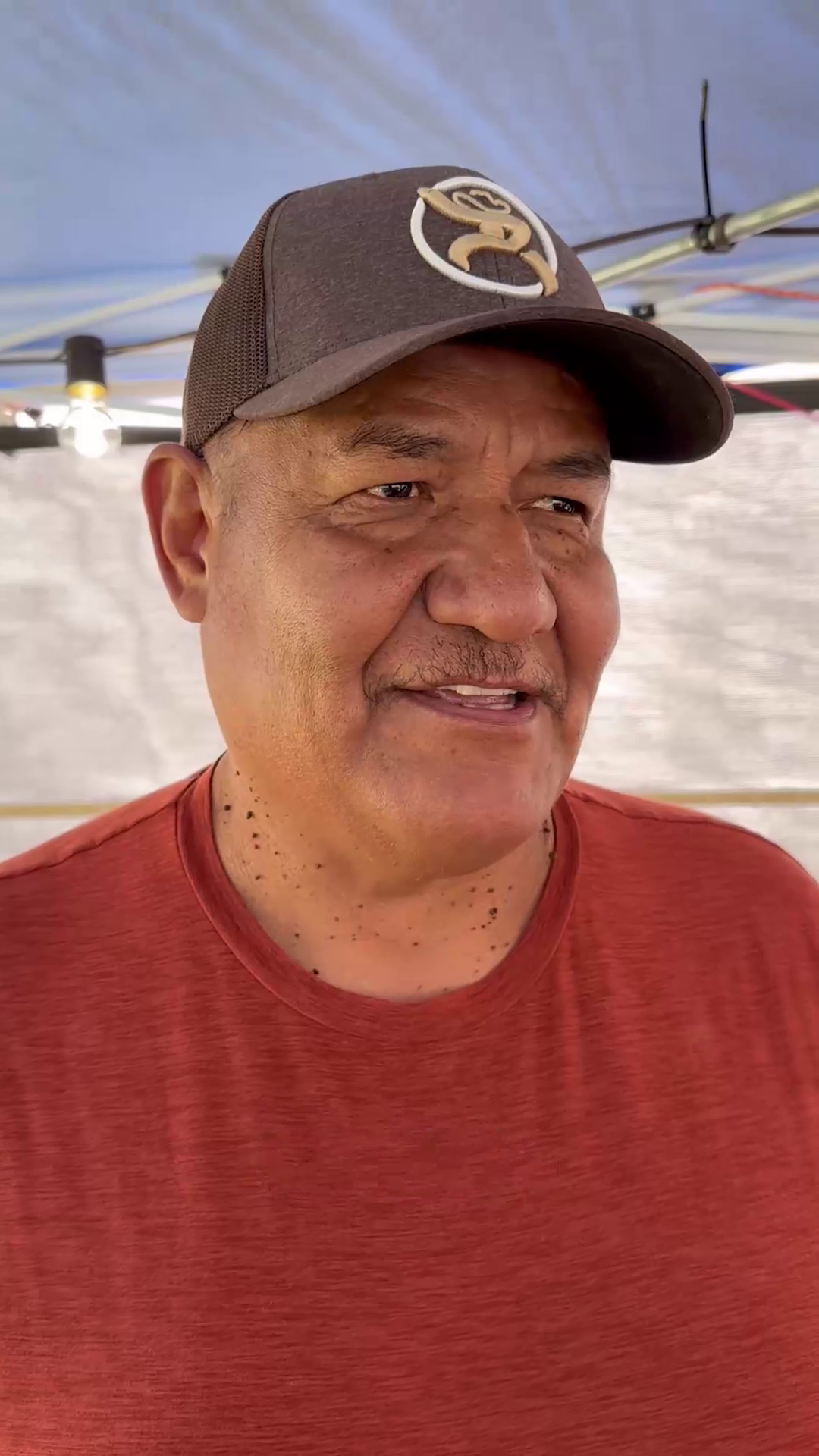 Leroy Henry (Navajo Nation):
Leroy Henry (Navajo Nation):
“No picture taking unless you’re buying. ‘Cuz they usually send it back overseas and they copy our work, and then they send it back over here, they sell it for cheap. They may say it’s ‘Native made’ but they’re not Native made.”
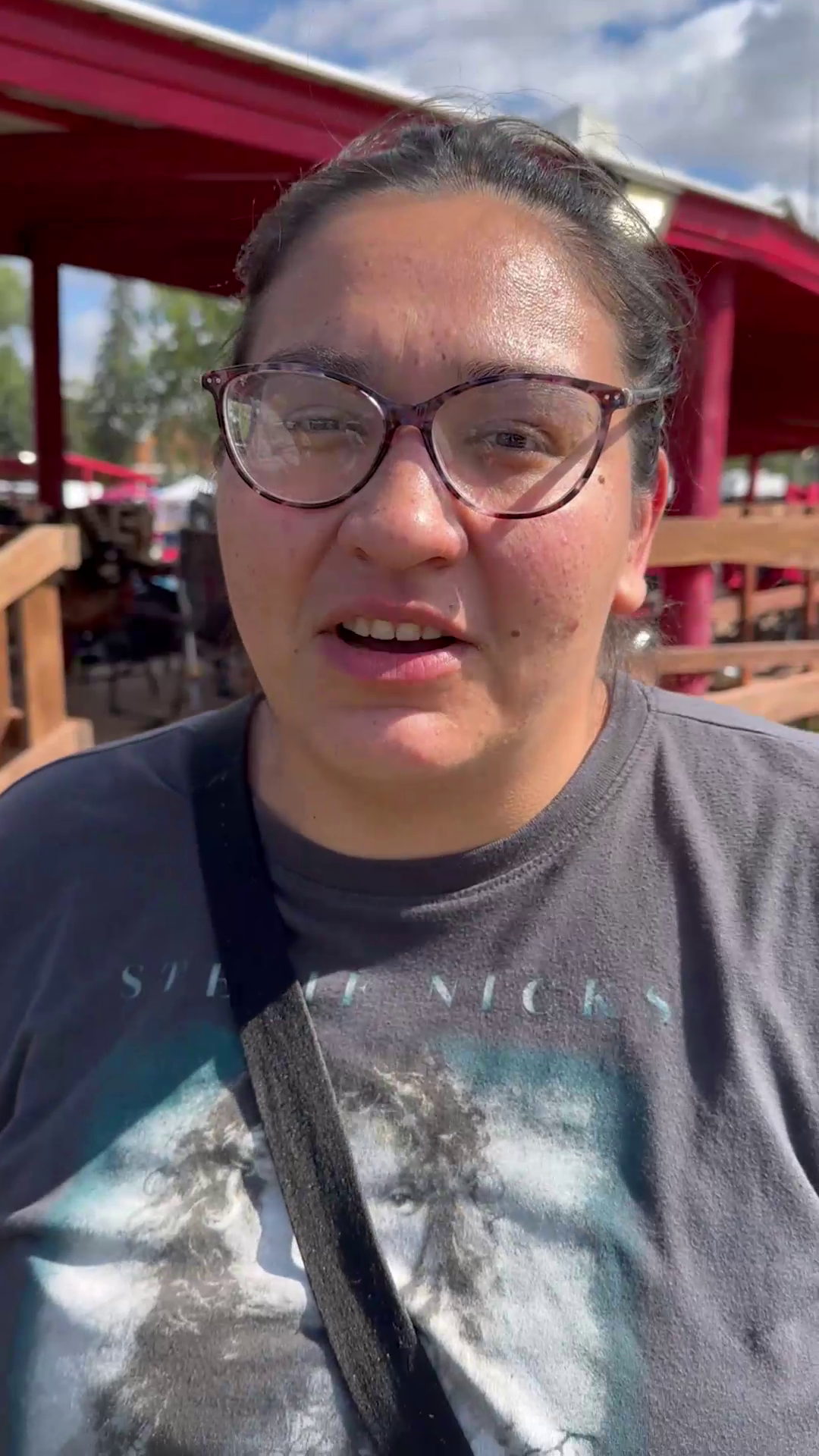 Gia McArthur (Ho-Chunk):
Gia McArthur (Ho-Chunk):
“My rule is to be good and help look out for the vendors. A lot of the times they sit here, and have they spend a good part of the day…they don’t get a chance to get up to go get drinks, to get food. be good kind and smiling, if you have the opportunity offer a hand and help them out, you know, do so. Help them, see if they have water, see if they got something to eat, and stuff like that. Just be good to them.”
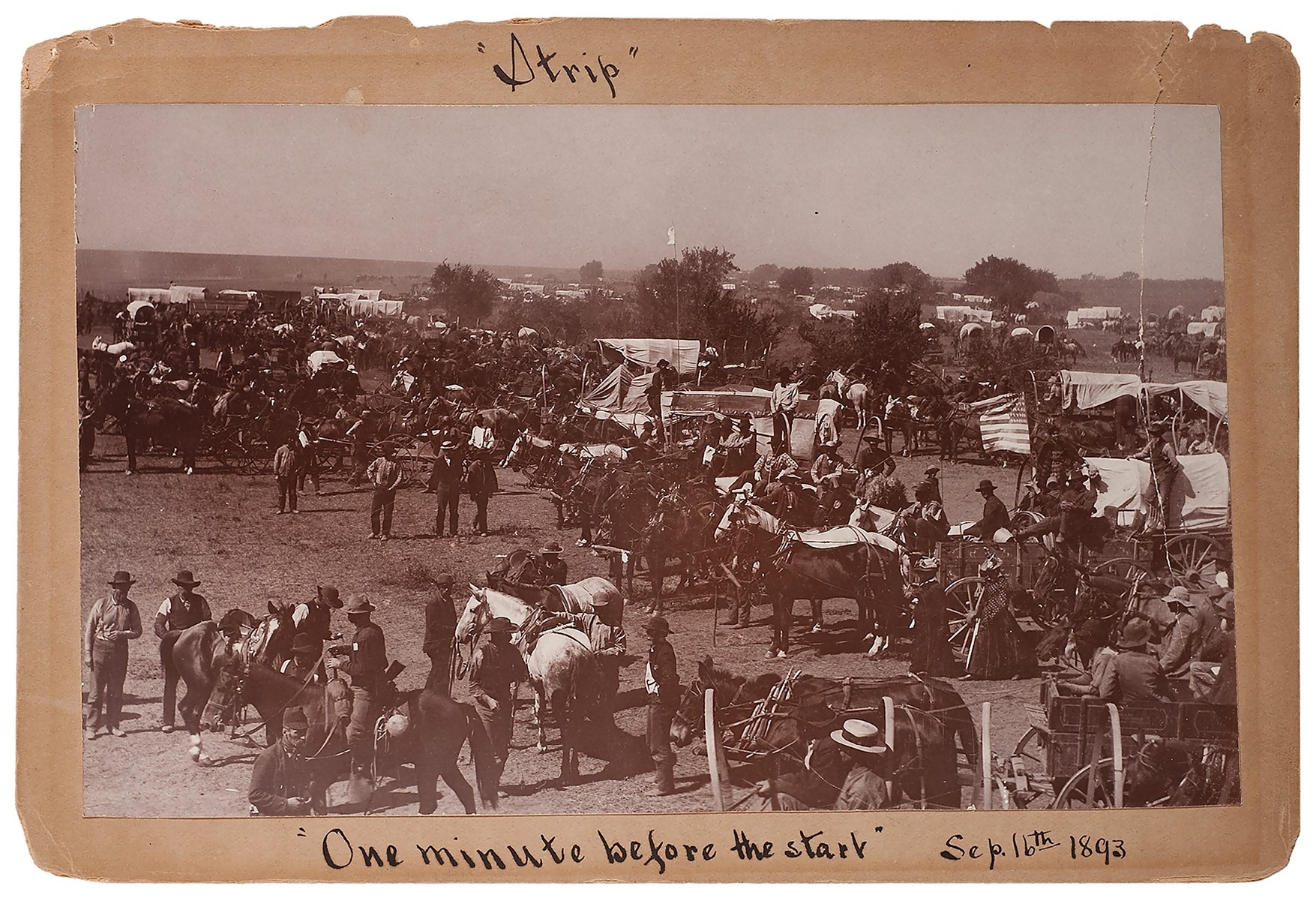
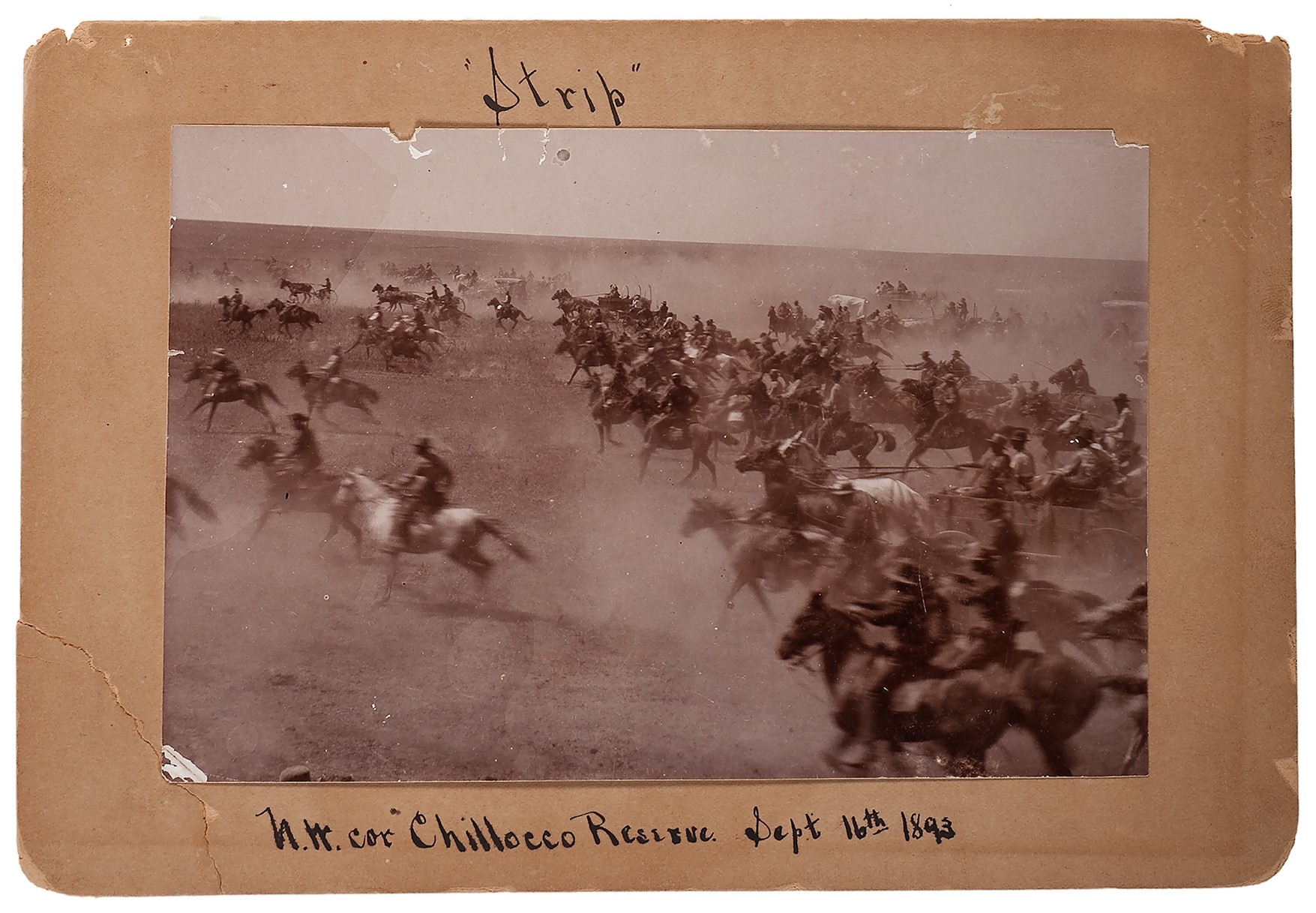 And on this day in 1893, following a pistol shot, more than 100,000 settlers raced onto the Cherokee Strip of Oklahoma, land once inhabited by Native Americans.
And on this day in 1893, following a pistol shot, more than 100,000 settlers raced onto the Cherokee Strip of Oklahoma, land once inhabited by Native Americans.
It was the largest land-run in history, for territory once considered too arid for farmers, and relegated to displaced Native people.
But settlers pressured President Benjamin Harrison to open up the area to non-Natives, who hurried to stake their claim.
September 16 is also Trail of Tears Commemoration Day for the thousands of Cherokees forced to leave their homes during President Andrew Jackson’s term.
Get National Native News delivered to your inbox daily. Sign up for our daily newsletter today.

